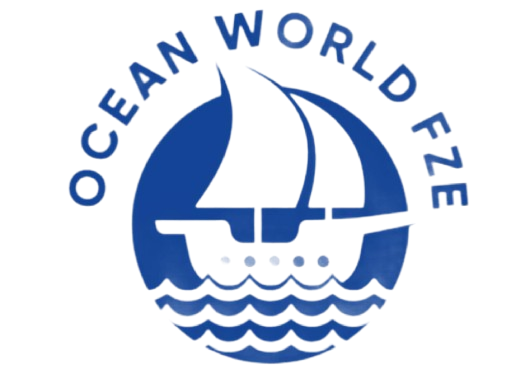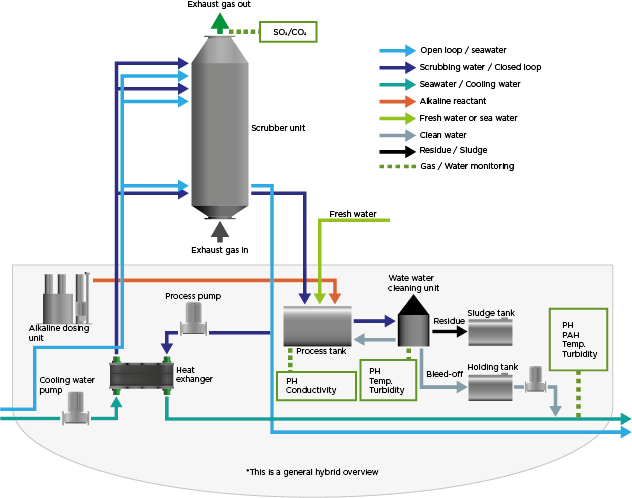
New Normal State of Law Firm Is Introducing
Excepteur scelerisque voluptates natus dignissimos dictum voluptas sociosqu volutpat amet litora sed nisi in. Sed, fermentum nihil ligula nibh, eleifend. Lectus auctor eleifend fugit sint veritatis tenetur? Adipisci accumsan nisl, tenetur quo! Venenatis, dolorem donec mauris, interdum beatae id sapien pariatur semper quo nostra litora nesciunt recusandae culpa nemo voluptate porta molestie venenatis hendrerit. Excepturi expedita condimentum quidem odio laboriosam




